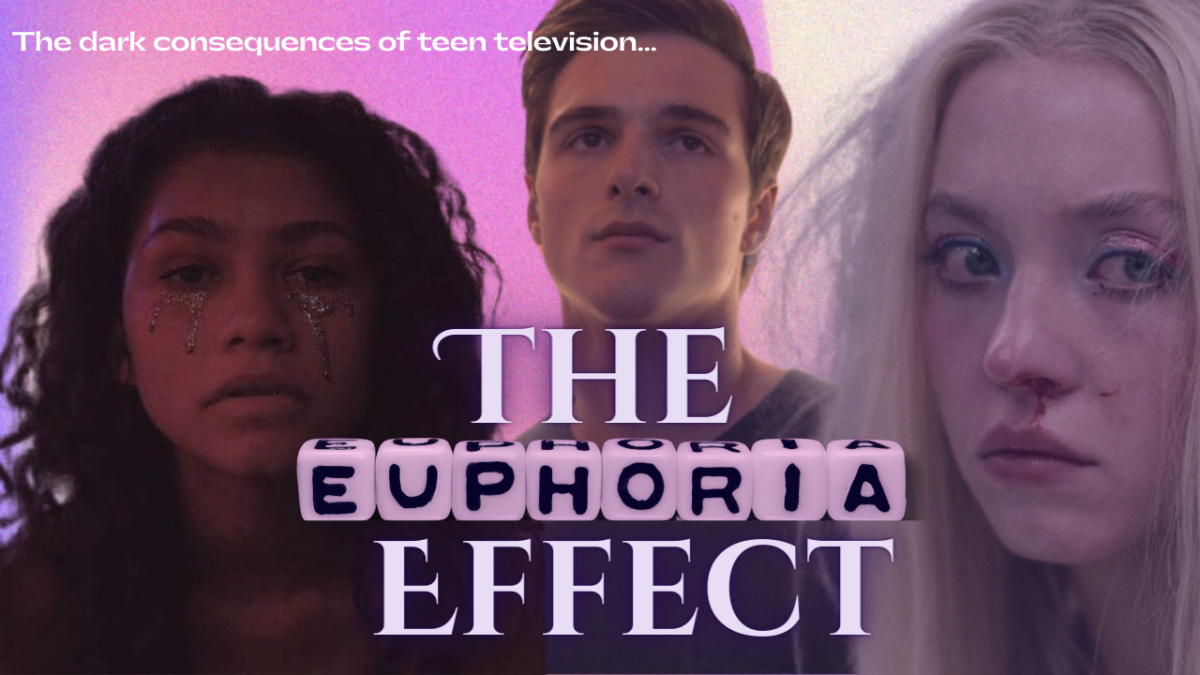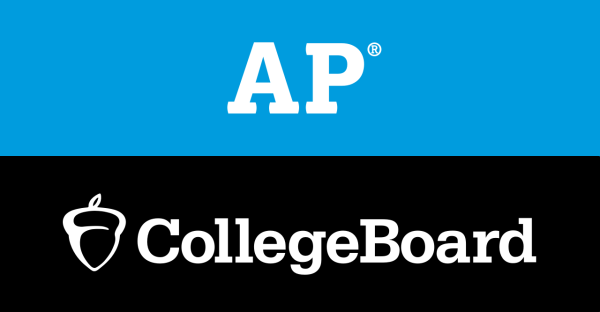Letter to the Editor- In response to “Faculty Column: Winners Win” published on November 9, 2016
November 17, 2016
In response to “Faculty Column: Winners Win” published on November 9, 2016
Winners win. It is a simple maxim and I have no doubt that the message is meant to be inspirational. Worry about the factors that you can control and ignore or overcome the obstacles that you can’t; don’t let externalities limit what you can do. If you prepare to the best of your abilities, then don’t blame the referees or the field conditions or the weather for the outcome. Winners look at setbacks as opportunities for improvement.This is probably good coaching advice.
But does this old sports bromide apply to presidential elections, to economies, to life? The glib answer is of course. Trump won. Clinton lost. Rich countries win. Poor countries lose. Nature is red in tooth and claw. Survival of the fittest. Successful people are winners at life and everyone else is… a loser?
That doesn’t quite jibe with reality.
It doesn’t even really work in sports. Readers may remember this summer in Rio when Michael Phelps lost his last individual race, the 100 meter butterfly, by three-quarters of a second. In this case, second place wasn’t even first loser, to paraphrase Dale Earnhardt, since he actually tied with two other swimmers for silver. Still, nobody would look at Phelps, the most decorated Olympian of all time, as anything but a winner.
Phelps is a winner, even when he doesn’t win.
Lance Armstrong, who cheated his way to seven consecutive Tour de France victories, was a loser, even when he won.
The danger, though, is when we apply this reductive labeling–winners and losers– to life outside of sports, contests, and games. By saying that winning in life is a result of intrinsic qualities alone, we must accept the corollary: that failure is also an intrinsic trait. If you lose, it is your fault. You didn’t try hard enough, you didn’t want it enough, you didn’t work enough. You just haven’t it earned yet, baby. This then begets the kind of moral judgements that have plagued societies through history: economic, political, and social inequality is not only inevitable but deserved. Success is a reward for excellence and virtue; failure is a punishment for laziness and vice.
I needn’t trace all the dark consequences that have followed such dangerous propositions of dividing up populations, but I do think that we need to revisit the central claim of the editorial–that presidential elections have zero effect on a winner’s ability to succeed–and bring up a loaded word that I know might alienate some readers: privilege.
It is easy to look around and see that presidential policies and rhetoric will have no effect on your life, when those policies and rhetoric aren’t directed at you. But we have many people in this community, including but not limited to Muslim, Hispanic, African-American, LGBQT, female, and immigrant students, staff, and faculty, who have very real and legitimate concerns. To suggest that those concerns, criticisms, and fears are baseless and self-defeating is to invalidate their feelings and ignore the underlying problems. To suggest that they merely need to “try harder” is insultingly dismissive. We have read about the surge in hate crimes, racist speech, and acts of intimidation that have been reported across the country; as educators we have a responsibility to take these issues seriously and actively strive toward making our school and world better.
The editorial ends with a imperative: Get to work. I’ll second that, but I think we need to get to work on understanding each other, listening to each other, helping each other.
Respectfully,
T.J. Gillespie
English












Colleen Felder • Nov 17, 2016 at 3:10 pm
Thank you, TJ! I agree that in our messages to our diverse student population it is imperative that we demonstrate, first and foremost, our sensitivity of and concern for their mental and physical well-being. The message we must always relay is that they matter; they are our priority, and their thoughts, reactions, and concerns are certainly legitimate. I hope we respect one another enough as a society to do the same.